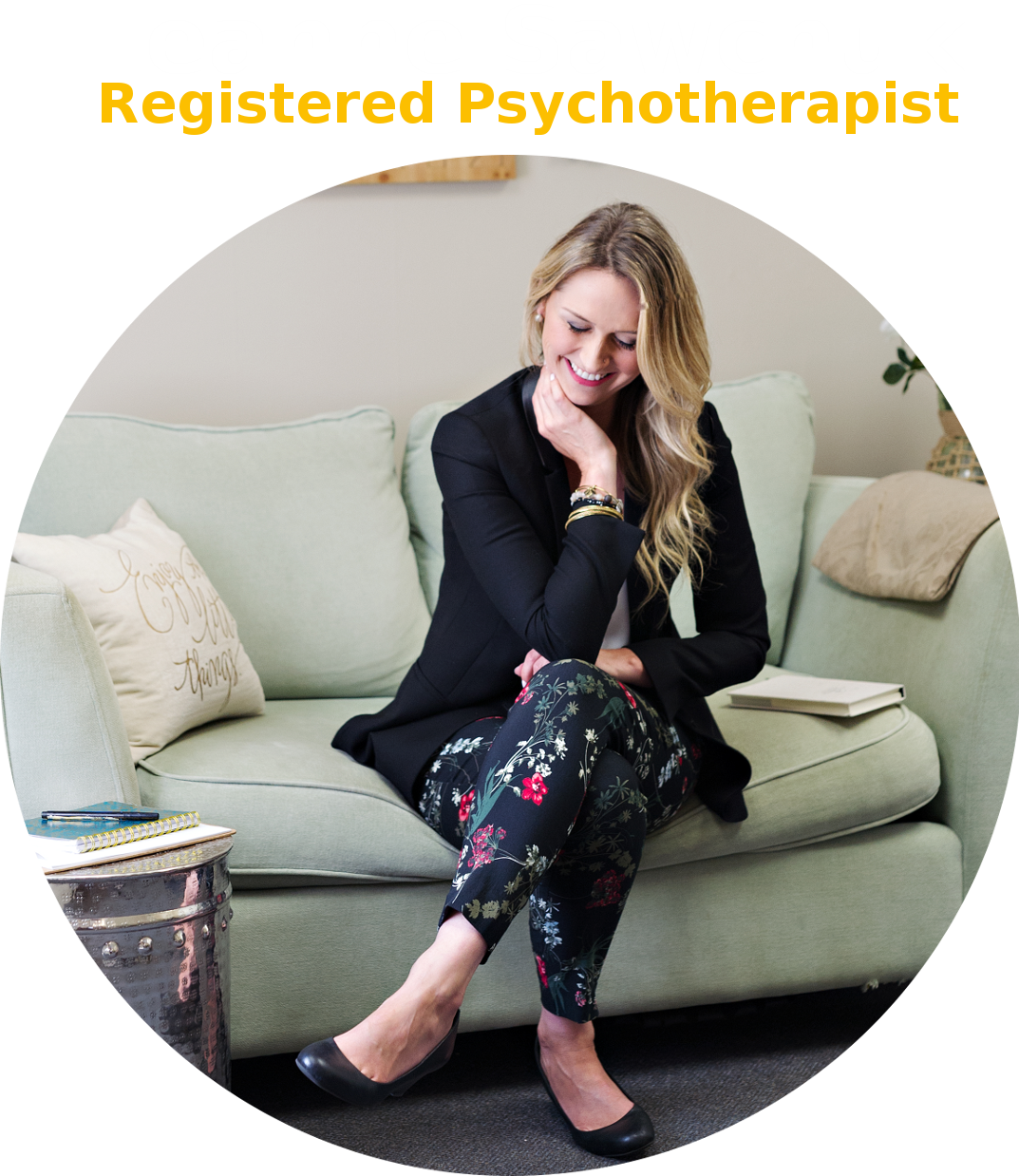 Society tells us that we need to be able to forgive so that we can let something go and move on. It sounds so simple, doesn’t it? Perhaps right now you are thinking about someone who has hurt you. Someone who has abandoned you. Someone who has betrayed you in a way that has cut you so deeply that you have no idea how to even begin to repair the emotional wound or put the pieces back together again. Perhaps you have been hurt by someone that due to their level of consciousness has been unable (due to fear and or shame) or unwilling to own their part of it. It is one thing to forgive someone who has owned his or her part or taken responsibility. It is quite another to forgive someone who has completely abandoned you in the pain and hurt and has completely disengaged and disconnected. This is incredibly difficult and for some it may seem utterly impossible to forgive.
Society tells us that we need to be able to forgive so that we can let something go and move on. It sounds so simple, doesn’t it? Perhaps right now you are thinking about someone who has hurt you. Someone who has abandoned you. Someone who has betrayed you in a way that has cut you so deeply that you have no idea how to even begin to repair the emotional wound or put the pieces back together again. Perhaps you have been hurt by someone that due to their level of consciousness has been unable (due to fear and or shame) or unwilling to own their part of it. It is one thing to forgive someone who has owned his or her part or taken responsibility. It is quite another to forgive someone who has completely abandoned you in the pain and hurt and has completely disengaged and disconnected. This is incredibly difficult and for some it may seem utterly impossible to forgive.
Perhaps it is not about if everything or someone can be forgiven, but can everyone forgive? Are we capable of truly forgiving another? Can you make the choice to forgive and stay committed to that choice? No matter how serious the transgression, the decision to forgive is a freedom and choice we give ourselves.
One thing I encounter with my clients time and time again in my professional practice, and certainly on a person level as well, is betrayal. Betrayal is a word that is quite heavy and feels even heavier when we experience it. There are many forms of betrayal, but one of the most common forms of betrayal is emotional betrayal. Emotional betrayal is attachment and detachment. It is when someone is incredibly engaged and attuned to you and then suddenly disengages and disconnects. This pattern could continue on and off for days, months, and even years. However, in some situations of emotional betrayal, the disconnect becomes permanent and one is left in a state of disbelief, anger, and resentment. How do we forgive someone who “gave” us so much and then in an instant took it away? I think it is crucial in these moments to remind ourselves that it is not you who the person was giving up on or disconnecting from, but instead it was their own being, their own self, their own shame. Eckhart Tolle states that people simply act out of a state of their current level of consciousness. Meaning, they do the best that they can with what they have in that moment. I would add to this by also stating that a person who hurts you may also be reverting to old behaviours and old patters due to the current level of fear and uncertainty they may be faced with, yet not courageous/strong enough to do something different in order to break the cycle. Does this make it hurt any less? No, but it does help to prevent you from carrying around the other person’s shame and from going into a self defecating place of self blame.
There are different stages we go through when we are working from the initial hurt (offence/betrayal) to forgiveness. This could take days, weeks, months, years even. Some hurt we try to justify. We do this in an effort to soften it. “He betrayed me because he was so broken” or “he abandoned me in a time of need and trauma because he was emotionally unavailable”. Or, “she is manipulating me because I hurt her, so I deserve it”. Once we move through the justification stage, we may then move into anger/resentment/anxiety/depression. This is all part of the process of grieving the hurt and pain we are enduring. Once we move through this phase, we can then move to a place of integration. Integration is when we truly start to feel like ourselves again. It can be a very slow and gradual process with moments of regression. At any time we can skip back and forth between the stages, sadly it is not linear. However, it is still progress. We are still working through the pain and moving towards a place of forgiveness (should we choose) and emotional freedom.
The root word of forgive is “give”. For “giving” releases us from the guilt and shame attached to the hurt we endured in the first place. The hebrew word for forgiveness is to pick up and carry – which is quite the opposite of letting go.
What if you still love the person who scarred you so deeply? The truth is that we, at times, still experience love for someone who has hurt us so deeply. This, of course, is dependent on the relationship and level of connection when the initial hurt (or multiple hurts) took place. But, love is a feeling. Despite being hurt or abandoned, one cannot simply cut out a feeling – though we often try to. So, in addition to working through the betrayal and pain, we often are also left with dealing with the conflicting feelings we now have towards the person whom we feel hurt us. It is an incredibly multi-faceted, complicated, and complex situation.
What I have learned is that even though the underlying details and circumstances of our lives may be different we do not have to be victims of our experiences. Our story is truly the way through the hurt and the truth is, it is us who creates our story. If we want our story to remain that we were once hurt and betrayed and we want to remain a victim of this hurt, then that becomes our story. Or we can still know that at some point we were truly hurt and scarred (sometimes literally) in a way that we may never forget, but we can choose to rise above. We can choose to forgive. We can chose to move on. Therefore, we each hold the power to change our story and what it represents.
Maybe forgiveness is not solely about the other person, but it is about ourselves as well. Perhaps we need to start in a place of self forgiveness before we can move to forgiving another? Perhaps by doing this we begin to realize that to the degree we have been emotionally imprinted, we will realize that others have also been imprinted in similar ways. They can’t help themselves any more than we have been able to help ourselves, until now when we at last are ready to engage in emotional integration and forgiveness.
There is no awareness of peace without authentic forgiveness, and there is no authentic forgiveness until we integrate the resonance that arises in us when we place our attention on those who still anger us. I am not trying to make this sound easy by any means, because it isn’t – believe me! It takes courage to forgive. It takes being incredibly vulnerable to forgive.
In essence, do you love your self and your being enough to forgive another? Perhaps something to reflect on. And finally, perhaps something to keep in mind is that forgiving another person may not mean that they “deserve” your forgiveness, but maybe it is more about you deserving peace in your heart.
I forgive you.
Sometimes life feels a little more free when we accept an apology we never received. Forgiveness starts with truth but leads to freedom…



